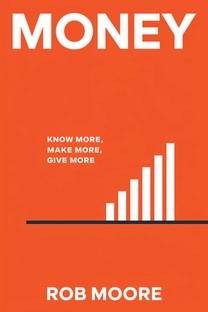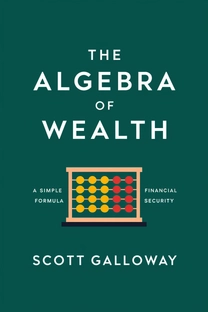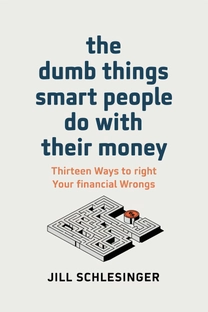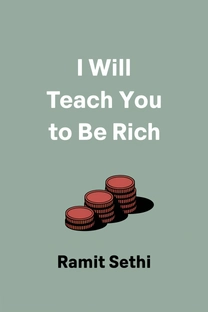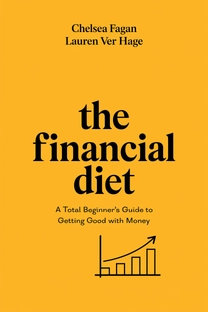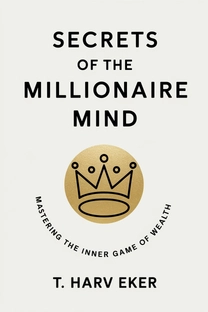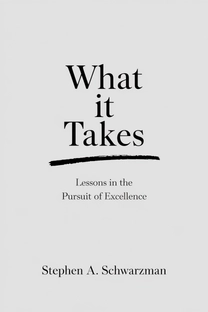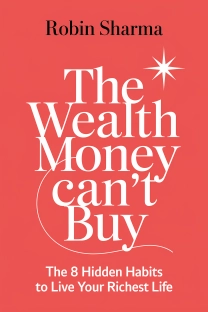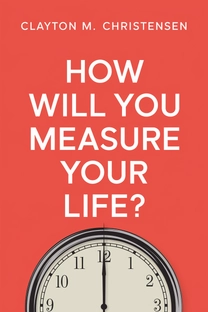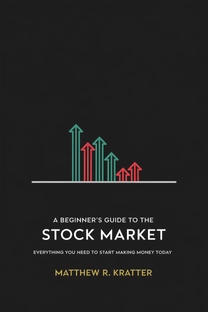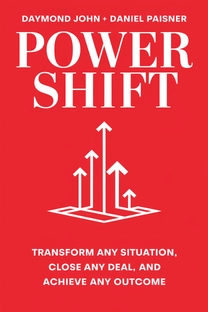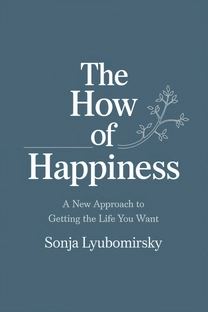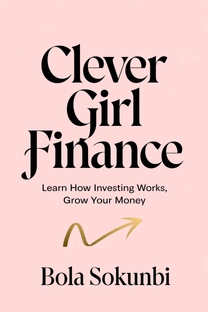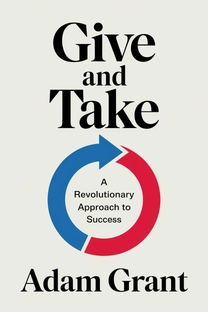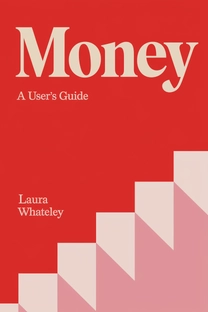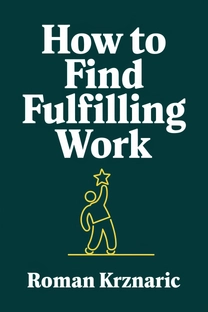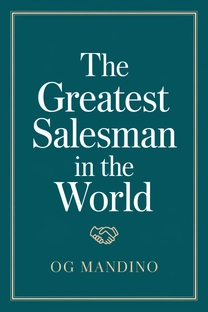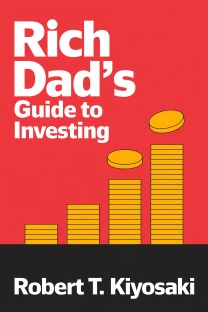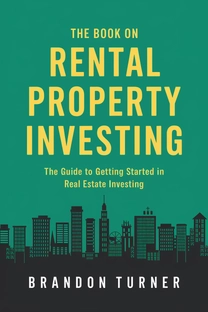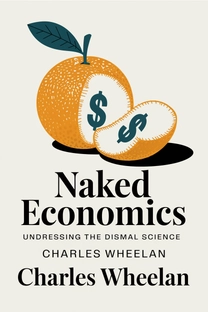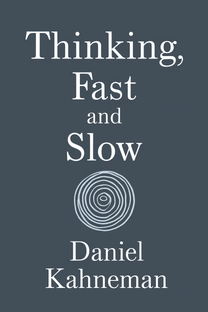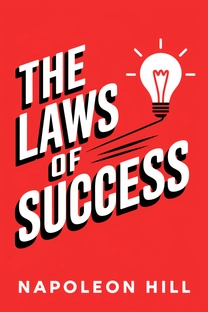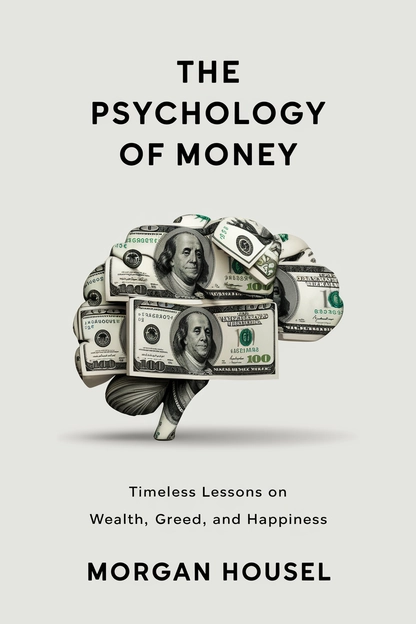
The Psychology of Money
Timeless Lessons on Wealth, Greed, and Happiness
by Morgan Housel
Brief overview
This book is about understanding the subtle ways our emotions, personal histories, and social influences shape our financial decisions. It shows how concepts like compounding, risk, and time horizon hold more impact than fancy math or market predictions, and highlights how true wealth often hinges on behavior rather than knowledge.
Introduction
Many people think of money in terms of spreadsheets and numbers, yet most crucial decisions come down to psychology. If a friend overspends or invests last-minute in a risky stock, we might label it irrational—but their behavior could stem from personal experiences or deep-seated beliefs about attaining a better life.In truth, human motivations around money are messy and woven into our upbringing, peers, and sense of identity. This book clarifies the powerful forces that dictate how we earn, spend, and invest far beyond cold logic.
We’ll see that how we view success, risk, or even envy others can drastically shift our financial path. Meanwhile, slow-and-steady habits like saving consistently tend to outlast short bursts of brilliance. The stories, concepts, and examples you’ll encounter help reveal why small mental shifts can deliver surprisingly large payoffs.
By the end, you’ll learn that wealth building isn’t just a math game but a mindset game. It’s not necessarily the smartest or boldest who build lasting riches, but those who recognize money’s emotional pull and learn to navigate it wisely. Let’s dive in to see why.
Early Influences and Personal Experience
Our beliefs about money often come from what we witness in our formative years. If you saw your parents lose a home to recession, you might cling fiercely to job security. If you grew up with stable prices and abundant job opportunities, you could be more comfortable with debt or risk. The economic ups and downs during one’s teens or twenties can mold lifelong financial attitudes.Two neighbors with the same salary might reach wildly different conclusions on what it means to save, invest, or spend. Neither seems crazy once you grasp how unique their childhood lessons or prior hardships are.
For instance, a deep market crash can scar someone into ultra-conservative planning. In contrast, someone raised during booming times could assume good fortune is normal and always within reach, fueling riskier bets. Neither approach is strictly “wrong”—it’s just that each person is shaped by personal history.
Recognizing this helps you be less judgmental and more self-aware. Understanding your own money blueprint can free you from unhelpful beliefs. It also brings empathy toward others’ financial paths, revealing that many decisions are rooted in experiences that outsiders rarely see.
What is The Psychology of Money about?
The Psychology of Money shows that financial decisions often hinge more on emotion, personal history, and social influences than on formulas and data. Morgan Housel demonstrates that core behaviors—like saving diligently, staying patient, and acknowledging the role of luck—can shape one’s net worth more than advanced market knowledge.
This work highlights that real wealth building comes from understanding how experiences and biases drive everyday choices. By focusing on relatable stories and proven insights, the book gives readers a sharper view of why people handle money in such varied ways—and how to cultivate healthier financial habits.
Review of The Psychology of Money
The Psychology of Money’s foremost strength lies in its honest look at how human behavior drives financial outcomes. Morgan Housel’s case studies bring to life key ideas like embracing the steady power of compounding, preparing for risk, and learning to gauge when enough is enough. His examples show how small mindset shifts can yield big benefits in daily money management.
Written in an accessible style, the book suits a wide audience, from new savers to those with established portfolios. Housel’s knack for blending research and personal anecdotes creates a narrative that resonates with real-world challenges. It’s a thoughtful read that encourages balance, humility, and long-term perspective. I firmly recommend it to anyone seeking a grounded, psychologically aware approach to managing wealth.
Who should read The Psychology of Money?
- Ambitious professionals who want to make informed investing choices without chasing constant market noise.
- Seasoned investors keen on exploring the human biases behind money decisions and avoiding overconfidence.
- Individuals looking to replace impulsive spending habits with consistent wealth-building strategies.
- Busy parents eager to establish practical financial foundations and model balanced money values for their children.
About the author
Book summaries like The Psychology of Money
Why readers love Mindleap
10-Minute Book Insights
Get the core ideas from the world's best books in just 10 minutes of reading or listening.
Curated For You
Discover your next favorite book with personalized recommendations based on your interests.
AI Book ExpertNew
Chat with our AI to help find the best book for you and your goals.
Reviews of MindLeap
Love how I can get the key ideas from books in just 15 minutes! Perfect for my busy schedule and helps me decide which books to read in full.
Alex R.
The summaries are incredibly well-written and the audio feature is perfect for my commute. Such a time-saver!
Jessica M.
Great app for personal growth. The insights are clear and actionable, and I love how they capture the essence of each book.
Chris P.
The app is beautifully designed and the summaries are top-notch. Definitely worth every penny!
Sarah K.



